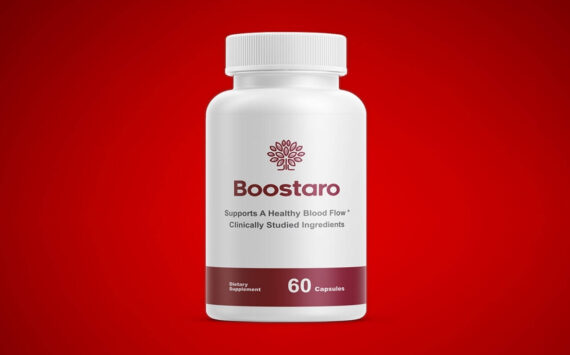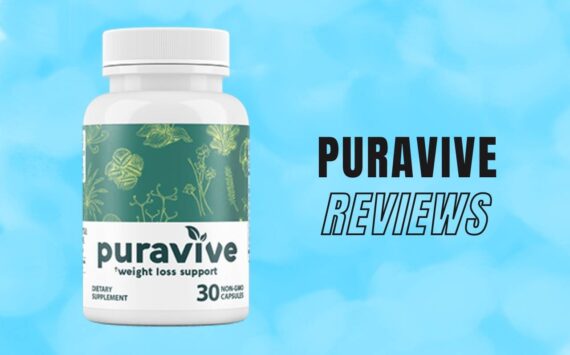If I am remembered for nothing else when I die, it will probably be for the question I always ask my customers when they are purchasing plants: “Have you got some fertilizer and compost?” Beyond all the planting advice and horticultural wisdom, the single most tantamount message I want to leave with all of you is the importance of amending your soils with natural fertilizers and compost and covering them with some kind of organic mulch.
Granted, talking about new and cool plants may be a lot more interesting than decayed plant material and poop, the reality is that if we don’t pay attention to the dirt under our feet, our plants (and dare I say it, the earth) will ultimately suffer our neglect. It is a very simple axiom: “Take care of the soil and the soil will take care of the plants”. Healthy soils lead to healthy plants and over the years to a healthy environment. It’s not rocket science.
As we enter into the heart of our planting season I find it my loyal horticultural duty to remind everyone that when planting new plants you need to add some natural fertilizer and organic material (aka compost). Here is why this is so important.
Fertilizer is a source of food for plants. While synthetic or commercial fertilizers will give you quick results, they are generally short lived and do nothing to improve the health of the soil. Also, most of them are formulated from a petroleum base. I suspect they have a rather large carbon foot print (whatever that really means). On the other hand, natural fertilizers are derived from agricultural wastes or byproducts such as blood meal, bone meal, feather meal, sunflower hull ash, kelp and alfalfa meal. You are essentially recycling these products back into the environment when you use natural fertilizers.
The other important factor in adding fertilizer to the soil when you plant is that by mixing fertilizers into the planting hole you get them down at the root zone where they are readily available for the plants to assimilate. If you just sprinkle them on the soil surface then they have to dissolve and move through the soil profile before reaching the root zone and this process can take several weeks or months to occur.
Composts have a different role in the soil from fertilizer. They perform three different functions. The coarse materials that make up compost can physically loosen the soil and improve the oxygen exchange which in turn encourages better root growth. Secondly, composts are extremely rich in microorganisms. These microbes are an essential part of a healthy soil. They perform critical tasks in decomposing complex compounds into simple elements that can be absorbed by plant roots. They release enzymes and resins that glue soil particles together and again create pores spaces that allow for good oxygenation. And finally, they release some nutrients into the soil that can feed your plants, although they should never be considered a substitute for fertilizer.
In new plantings it is absolutely essential that you incorporate fertilizer and compost into the surrounding soils. It is best to amend an entire area before planting but being the realist that I am I realize that most gardeners will probably amend each planting site as they develop a garden area. Over time hopefully most of the garden will be fertilized and composted. For established plantings the only option is to spread fertilizer and compost onto the surface of the soil and scratch it in as best you can. This needs to be done on an annual basis since composts and fertilizer are consumed over a season and need to be replenished annually. When you have done this then you are ready for the final procedure.
No garden soil has truly been properly amended until you spread an organic mulch over the top of the ground. Depending on your own personal likes, the mulch can be either a bark mulch which is somewhat coarse but looks nice with woody shrubs or a finely screened compost which I prefer around perennials and annuals. Both mulches over time will decompose and improve the soil quality. These mulches help hold in moisture, moderate temperature extremes and suppress weed growth.
So as you enter into this gardening season be sure and leave some room in your budget for compost and fertilizer. It is better to plant a 50 cent plant in a $5 hole than a
$5 plant in a 50-cent hole.
Steve Smith is owner of Sunnyside Nursery in Marysville, a retail garden center that is celebrating its 60th anniversary this year. You can reach Steve at 425-334-2002 or online at sunnysidenursery@msn.com.







